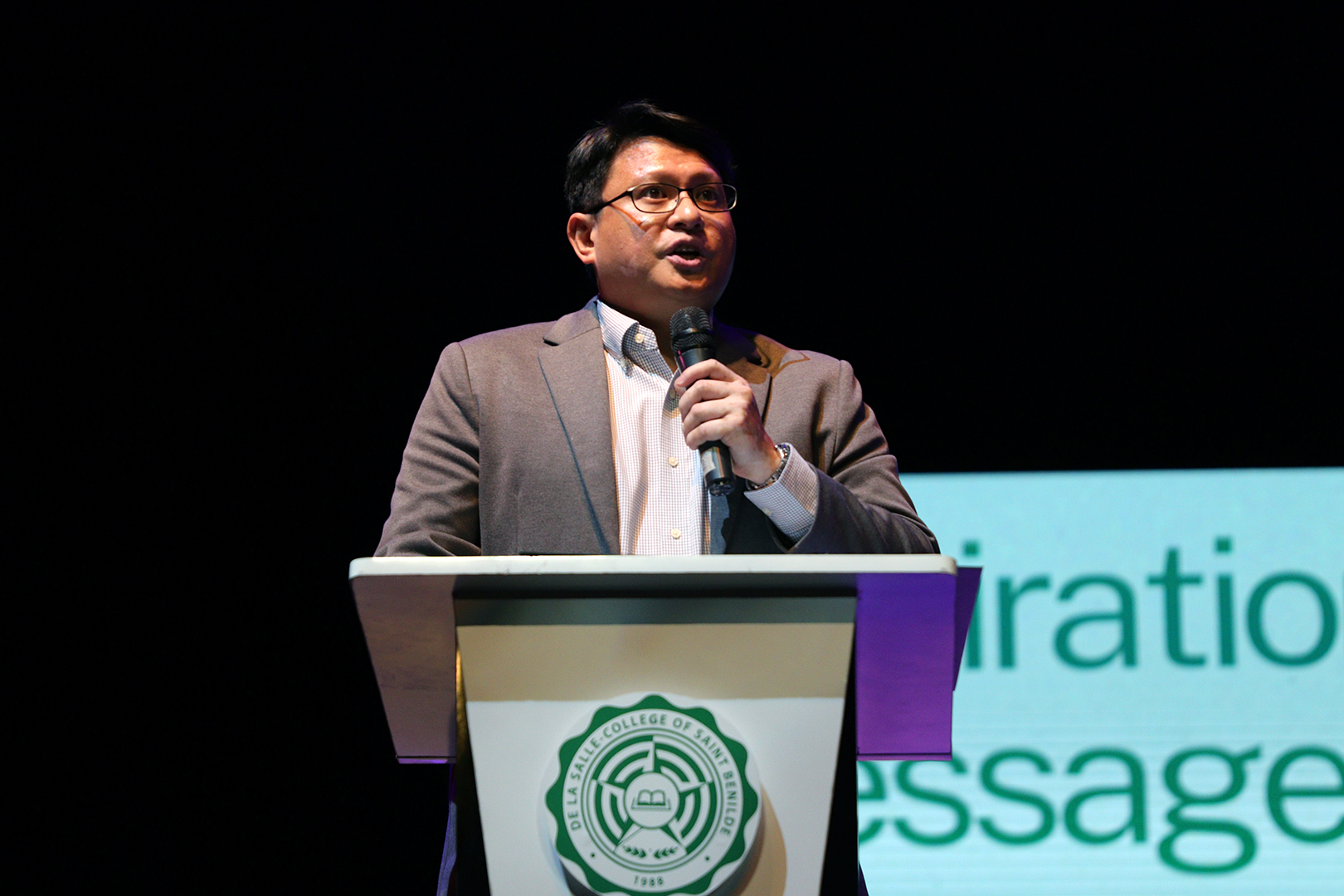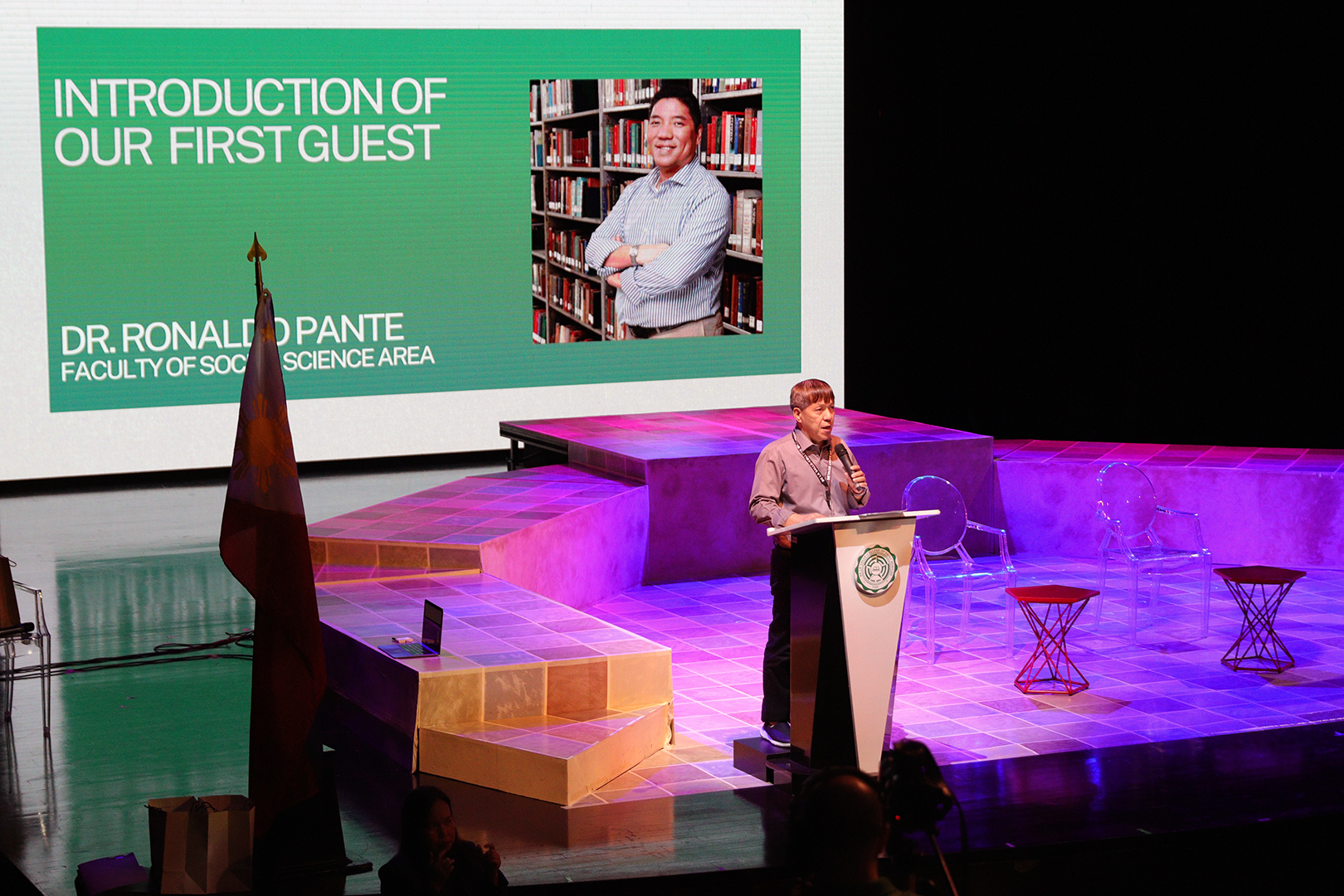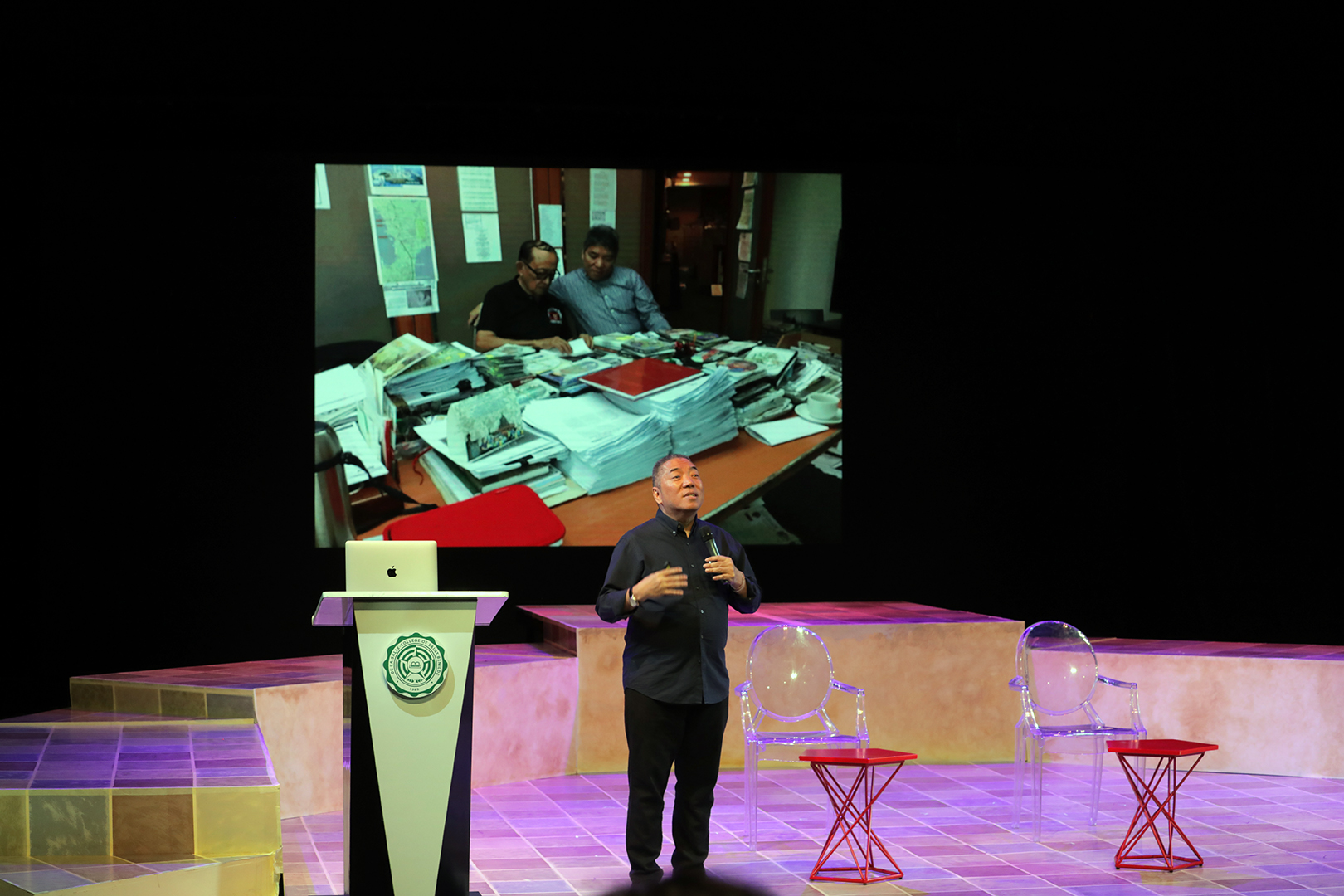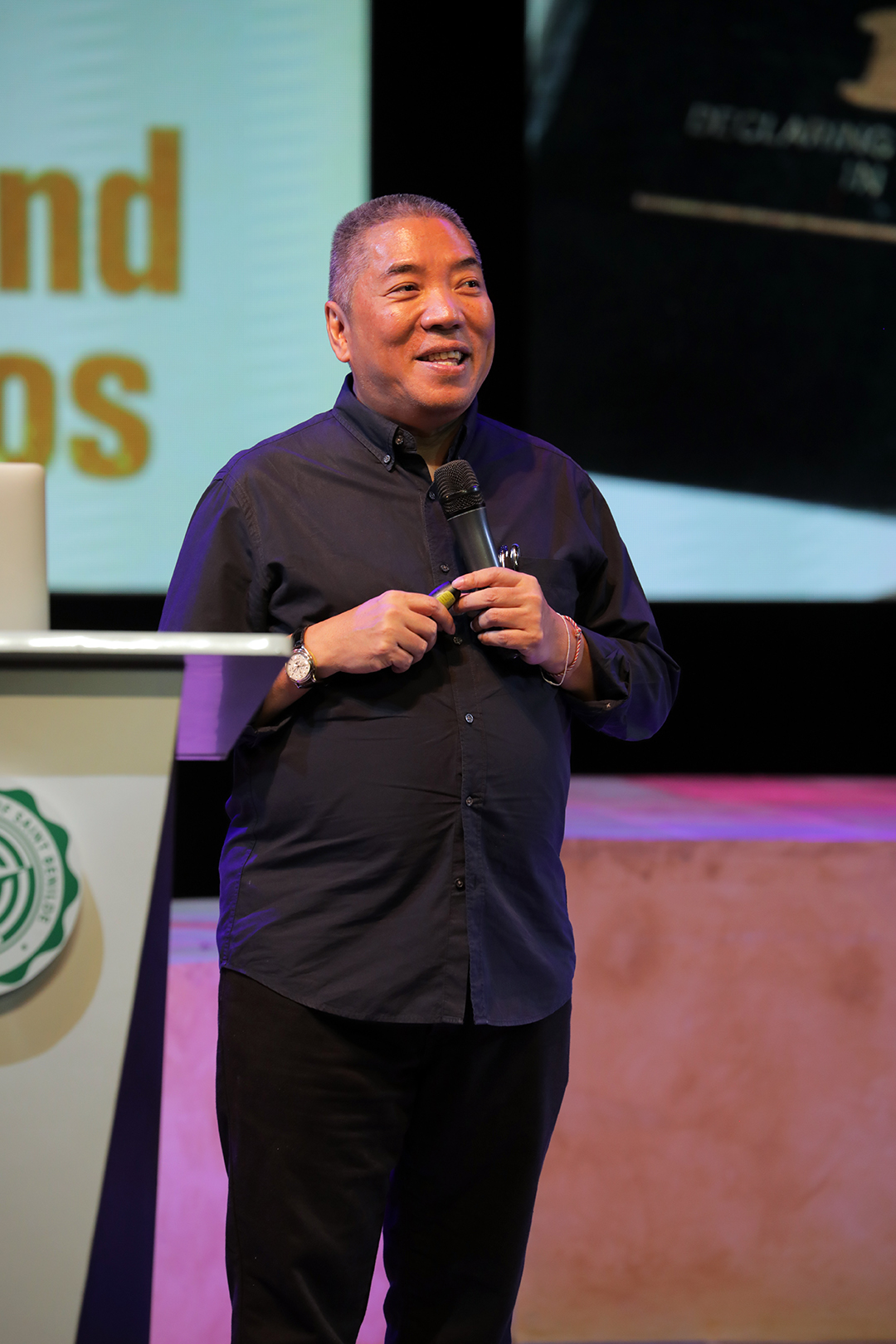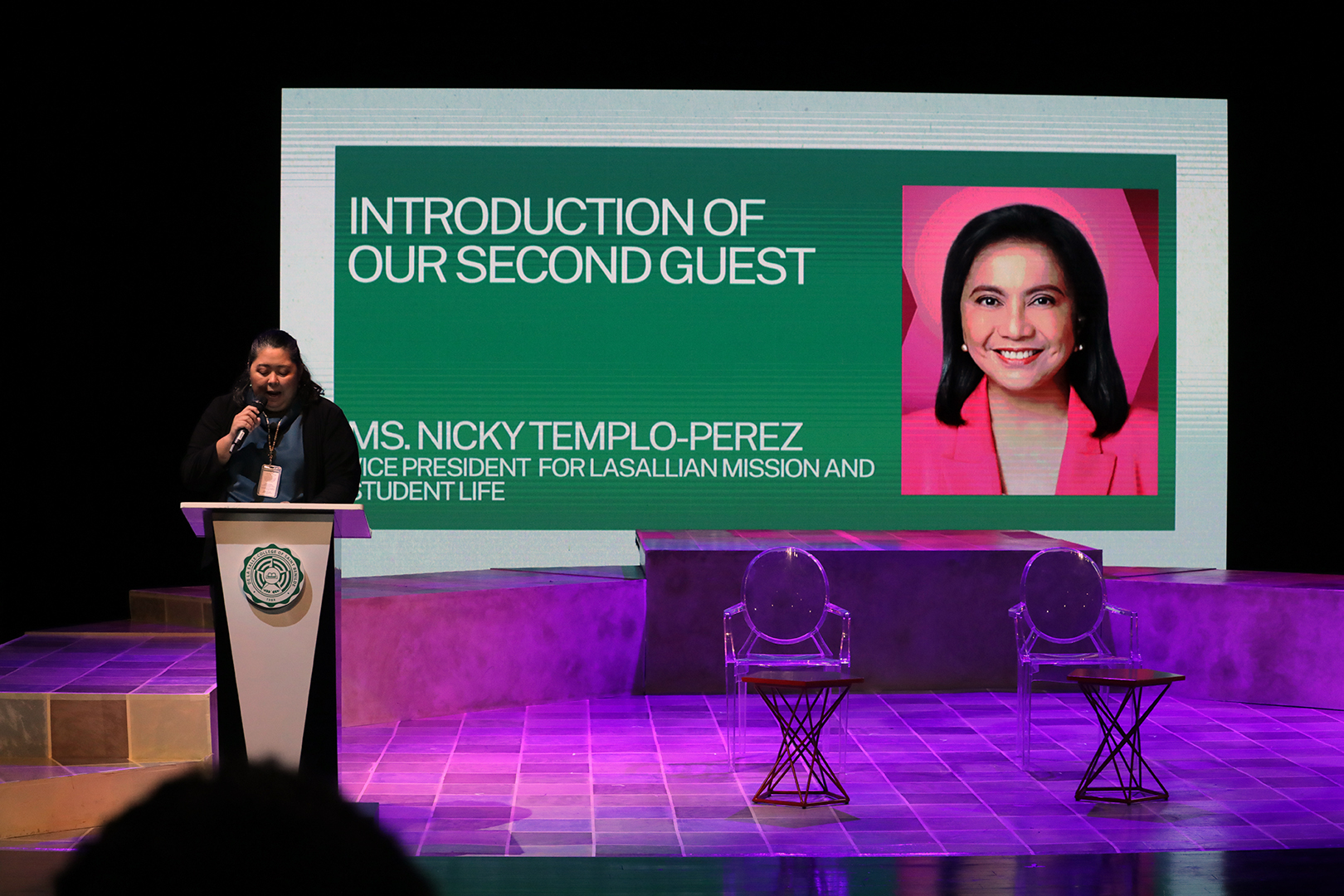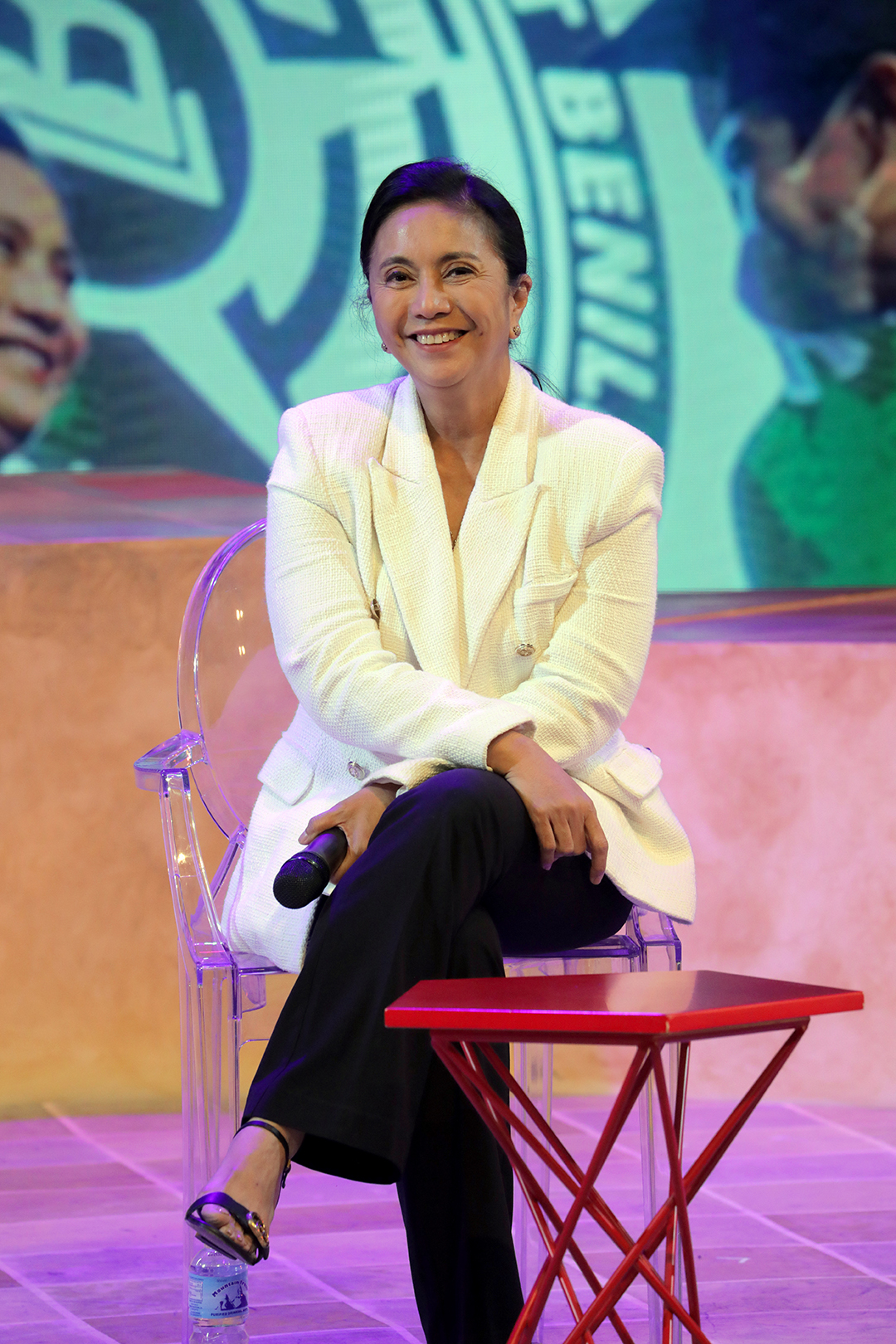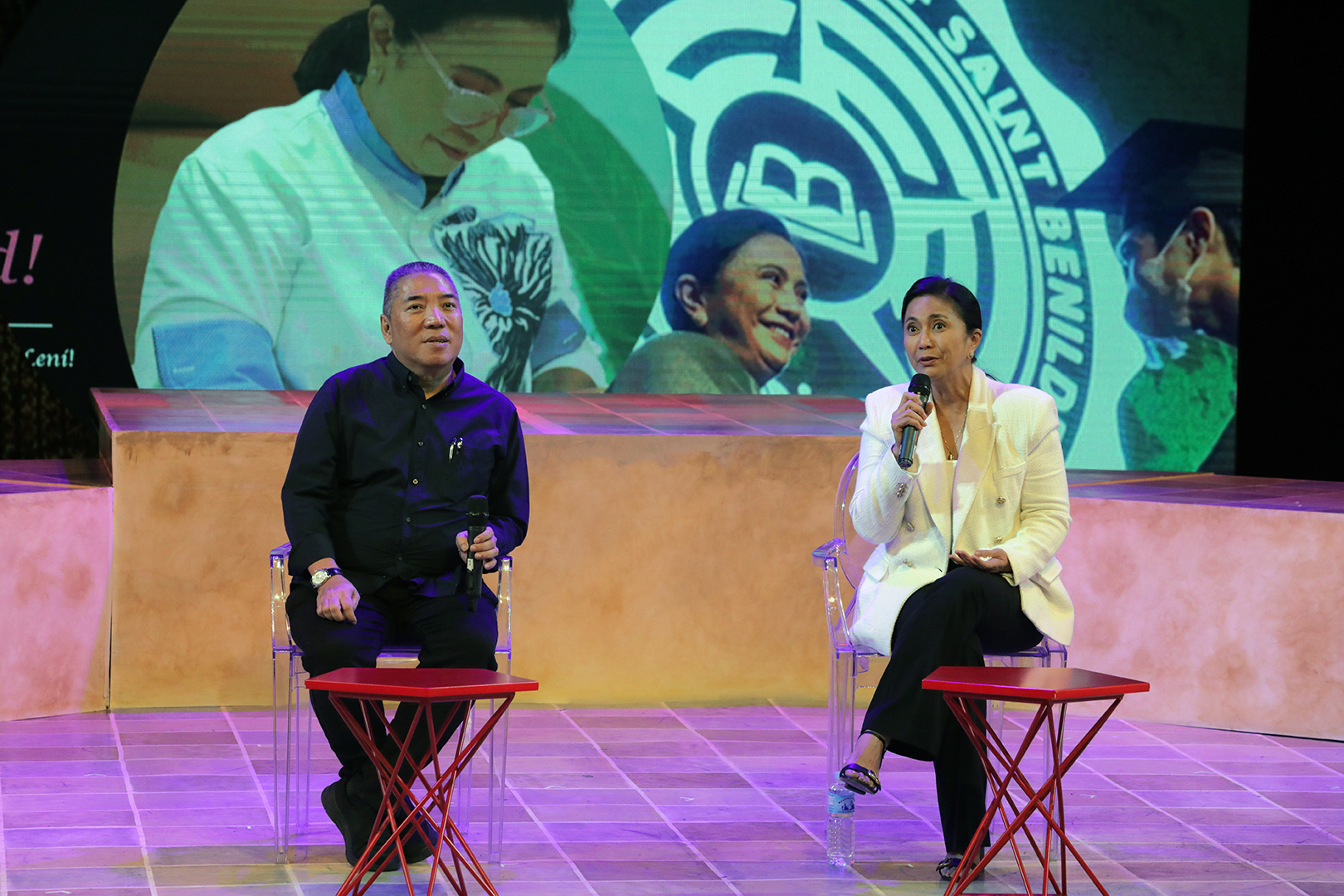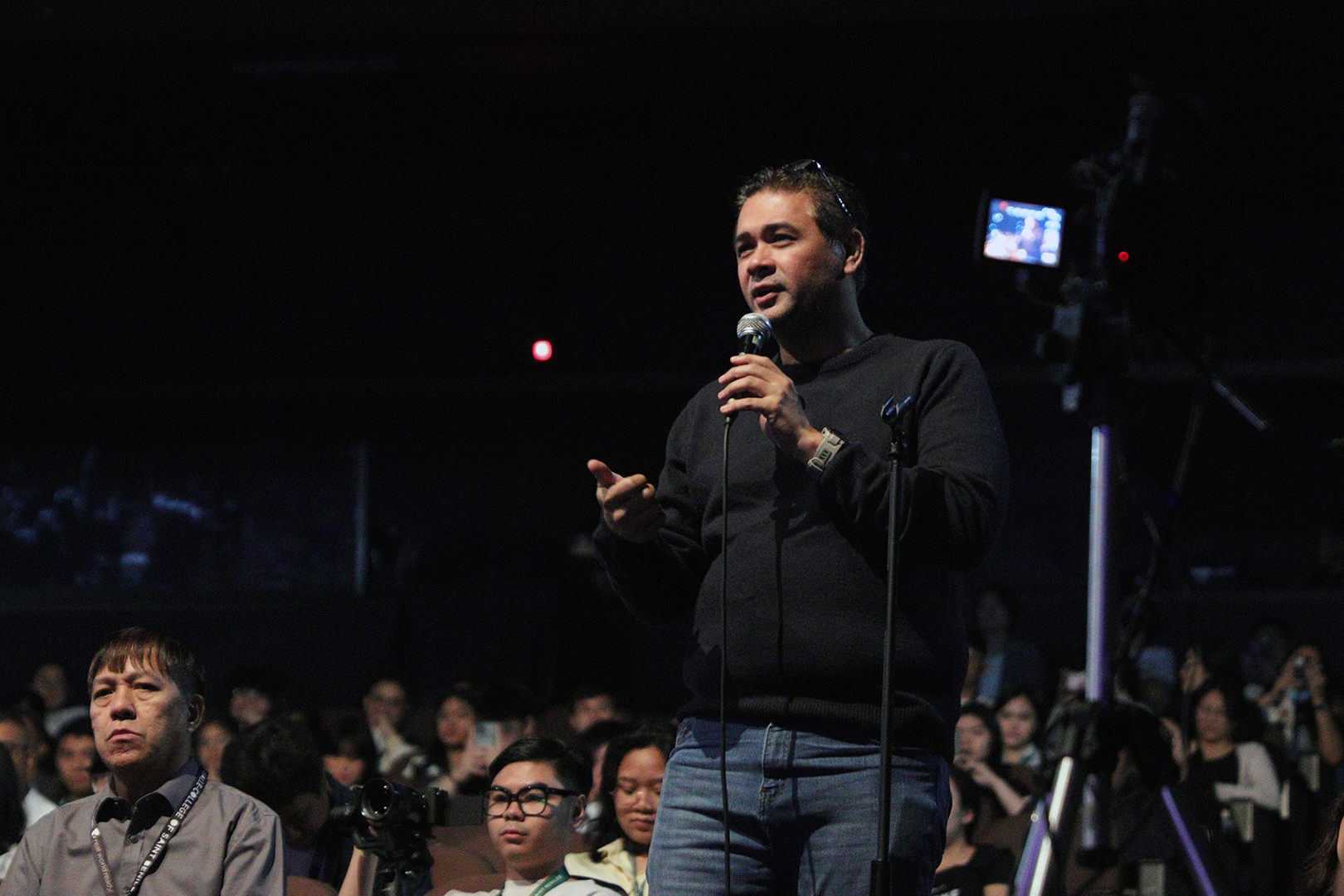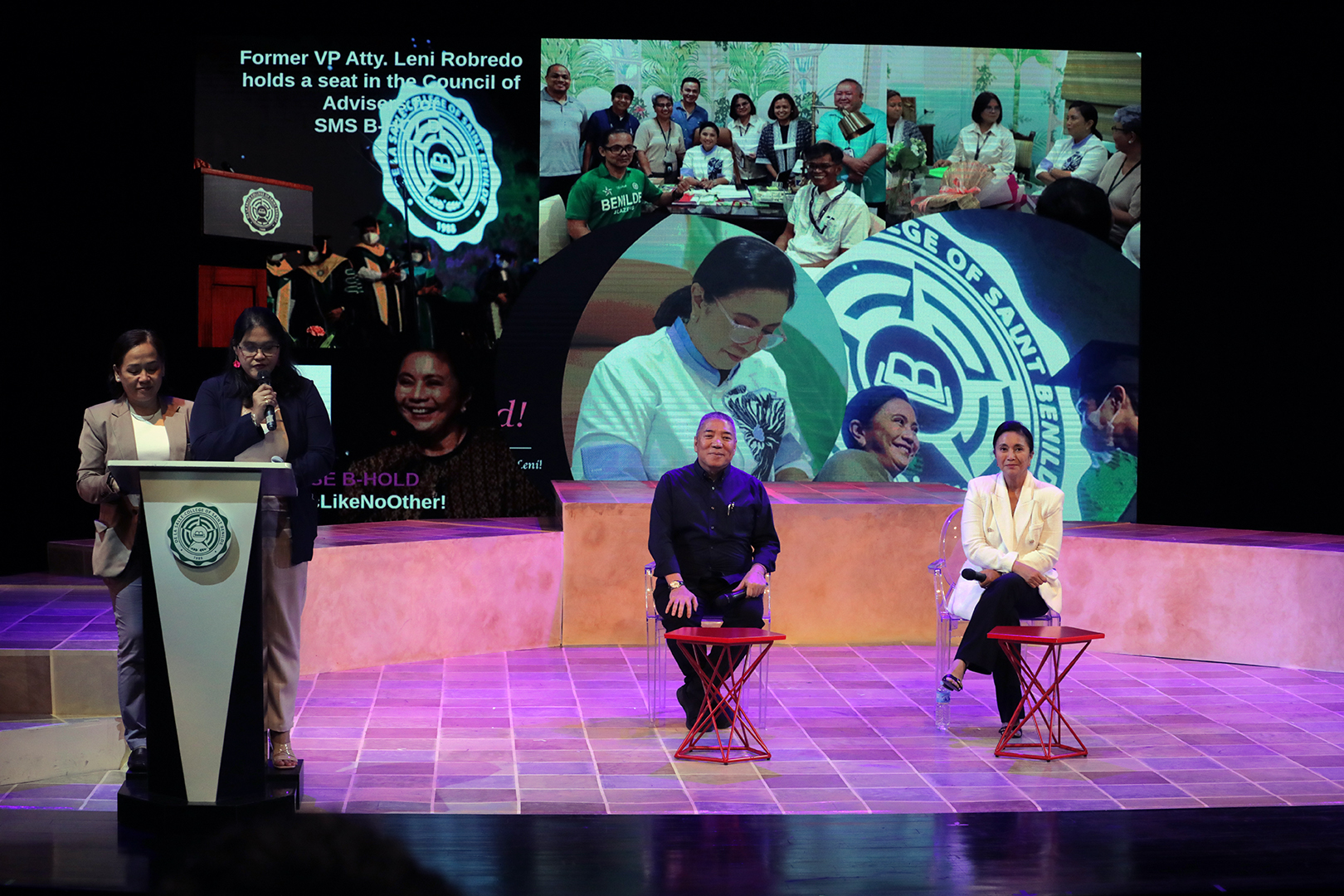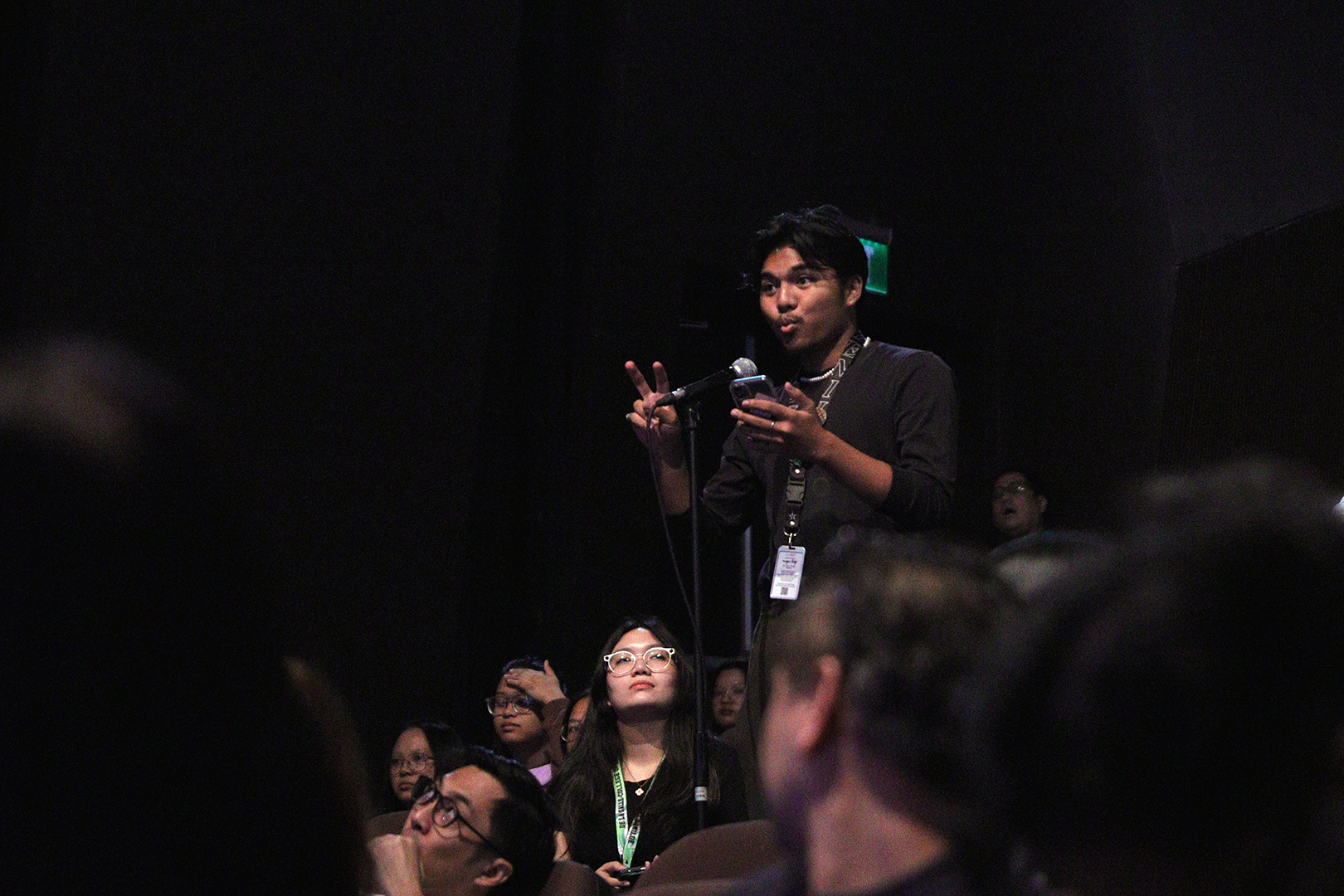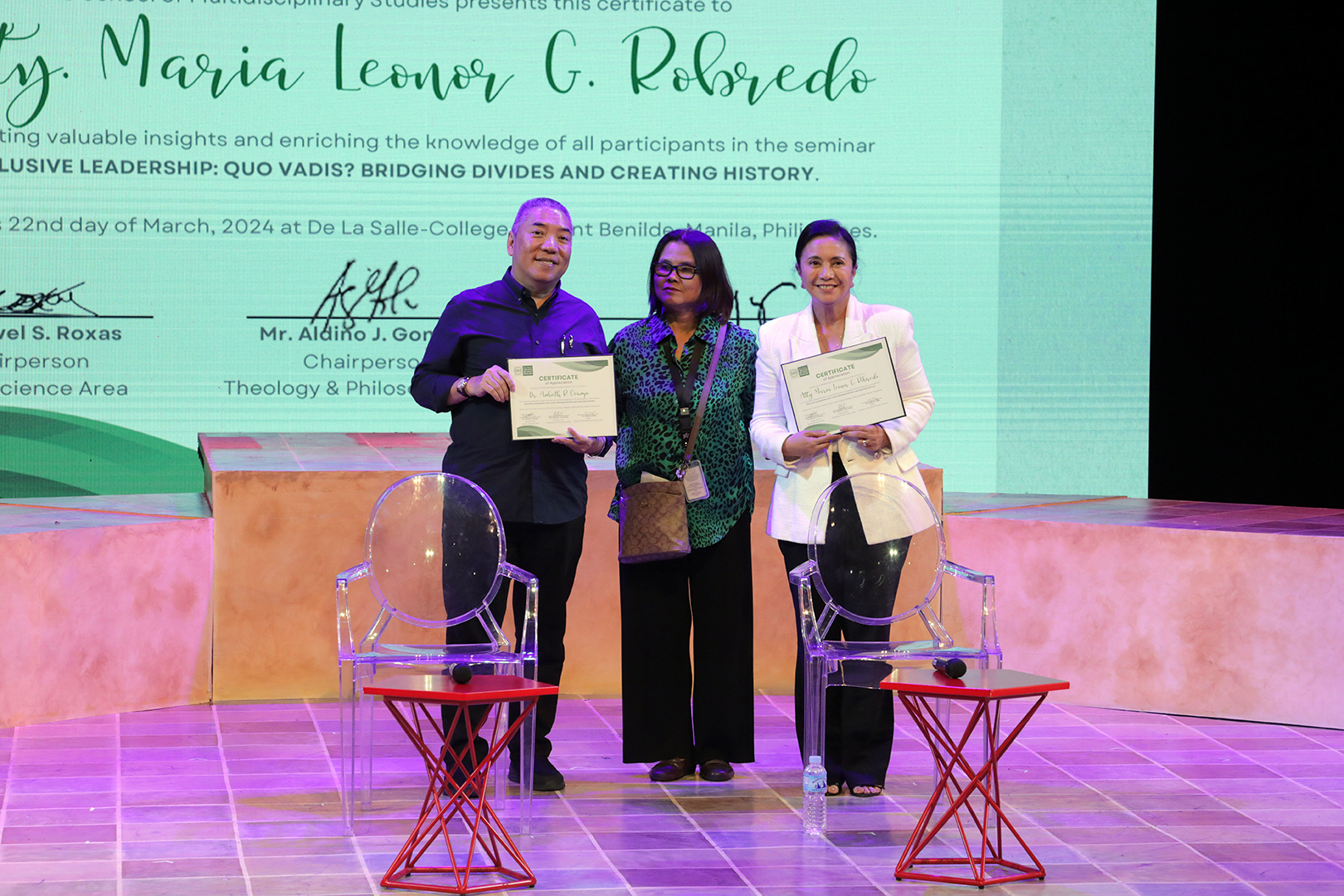Welcome to the new Benilde website where you’re FREE TO BE! Click here to view the old version.
Menu
Close
- Programs
- About Benilde
- Registrar
- Payment Options
- Admissions
Admission Information
- First-Year College (1st Term AY 2025-2026)
First-Year College (3rd Term AY 2024-2025)- Deaf Junior High School
- Senior High School
- Express Lane for Benilde SHS Students Transitioning to College (1st Term AY 2025-2026)
- Green Lane for Students of De La Salle Philippines School
- Transferees and Second-Degree Takers (1st Term AY 2025-2026)
Transferees and Second-Degree Takers (3rd Term AY 2024-2025)- Graduate Studies (1st Term AY 2025-2026)
Graduate Studies (3rd Term AY 2024-2025)- Expanded Tertiary Education, Equivalency and Accreditation Program (1st Term AY 2025-2026)
- Programs
- About Benilde
- Registrar
- Payment Options
- Admissions
Admission Information
- First-Year College (1st Term AY 2025-2026)
First-Year College (3rd Term AY 2024-2025)- Deaf Junior High School
- Senior High School
- Express Lane for Benilde SHS Students Transitioning to College (1st Term AY 2025-2026)
- Green Lane for Students of De La Salle Philippines School
- Transferees and Second-Degree Takers (1st Term AY 2025-2026)
Transferees and Second-Degree Takers (3rd Term AY 2024-2025)- Graduate Studies (1st Term AY 2025-2026)
Graduate Studies (3rd Term AY 2024-2025)- Expanded Tertiary Education, Equivalency and Accreditation Program (1st Term AY 2025-2026)

